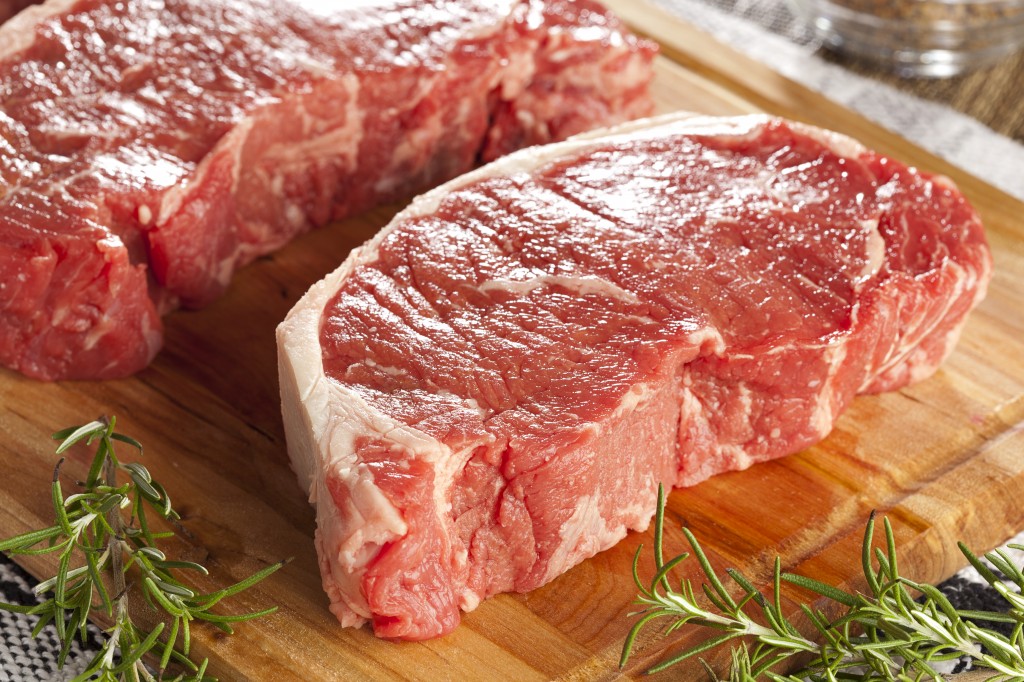New meat inspection rules coming from Brussels, means that quality checks will be watered down and inspectors can shift responsibility to food companies, leaving the UK open to receiving infected meat on supermarket shelves.
The 2013 horse meat scandal in the UK created a large amount of worry over what is in their food in the minds of many innocent shoppers, when they found out that for a long time, that they had had the wool pulled over their eyes when they discovered the meat they were eating in many supermarket ready meals was in fact horse meat and not 100% beef.
Now horse lover or not – we all deserve to know exactly what is in our food so we can make an informed decision about buying it or not.
New Abattoir Inspections Changes Will Mean Diseased Meat May Enter the UK
But now it seems, the food and produce sector is struggling to provide assurance in the mind of its customers as newly proposed changes to abattoir inspections coming from Brussels means that heavily diseases and infected animals could enter the food chain if they go ahead.
Each year, under the current abattoir investigation guidelines, millions of animals are currently rejected as they are deemed ‘unfit for human consumption’. But due to the newly proposed investigation rules changing to be more relaxed for investigators, we could soon see some of these unfit animals on our dinner plates, again without even knowing.
UK Factory Figures Show Millions of Rejected Animals Carry Parasites & Tumours
According to figures collected from UK factories that is printed online at Parliament UK, millions of carcasses were taken off the food distribution line by official inspectors from 2012 to 2014 due to them being found to be infected with parasites such as tapeworm and many animals being infected with pneumonia, septicaemia, peritonitis and tumours.
Pigs were found to contain parasitic roundworm larvae that causes the disease milkspot in 560,000 of rejected carcasses. And almost 3 million chickens were found to be contaminated with faeces during slaughter so had been stopped from becoming food in the same period.
Food Industry Cannot Be Trusted to Regulate Itself
The concerns over the new abattoir inspection changes come from Unison who are the union that represent the UK government meat inspectors and official vets. With Unison warning that the new changes shift responsibility from food inspectors to the food companies themselves, leaving us wide open to receive meat that has been passed as fit for consumption when in reality could be dirty and diseased.
A spokesperson from Unison made the following comments:
“Most people do not know that there are a small group of meat inspectors and vets that keep them safe from harmful and repulsive additions to our sausages, Sunday roasts and beef pies. They work in some of the most awful conditions in blood and animal discharges every day. They are always the first to come under attack, not only from the food business operators, but also from our government.”
The current shadow food minister, Huw Irranca-Davies, also made a comment on this vital topic:
“The government need to explain why they are seeking to weaken consumer protection and the wholesomeness of produce, barely a year after the horsemeat scandal.
British consumers will be appalled at any risk of tapeworm, parasitic lungworms and diseased parts of animals ending up on their dinner plates at home, or in hospitals and schools.”
Meat Fit for Consumption Still Required to Be Produced
However the Food Standards Agency has said that even with the new inspection rules, the goal will still be for factories to produce meat that is “fit for human consumption” and that it feels there are more effective ways to identify meat that is unsafe or unfit than mandatory inspection of all carcasses that is currently undertaken.
Apparently the factories would still be able to reject any animal they were concerned about and that new routine inspections could stop the spread of some bacteria, especially that found commonly on pigs.
New Abattoir Inspection Rules Would Mean Food Companies Self-Regulate
In effect, the newly watered down inspection rules, if approved, will be the handing over of the policing to the meat and food industry which is not going to do anything for boosting customer trust.
As a company who regulates itself and its own carcasses, is capable of passing many things that an outside regulatory body would not. As at the end of the day, when some corners can be cut to save a company money, who would ever need to know if there is no one unbiased checking on them to find out?
